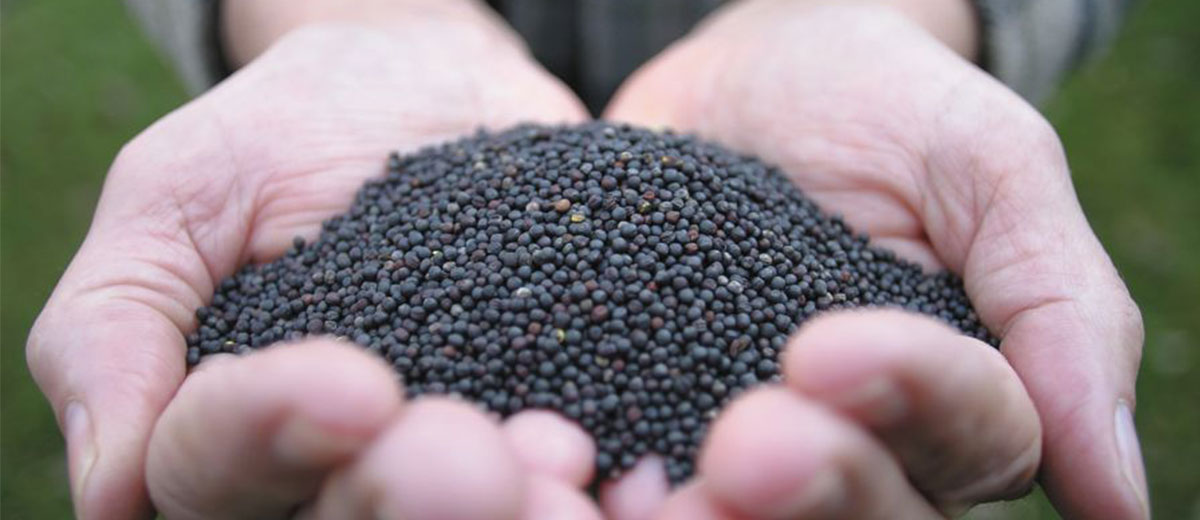
Experts Caution Rise of Dengue Fever in Warm Climates
The recent rise in dengue fever cases worldwide has prompted health professionals to caution Canadian travelers about the risks of this disease, especially when visiting warmer regions, including popular destinations in the southern United States.
According to the World Health Organization (WHO), there has been a significant increase in dengue fever cases globally over the past two decades, with reported infections soaring from 500,000 in 2000 to 5.2 million in 2019. Michael Libman, an infectious disease specialist and professor at McGill University, warns that the rising temperatures due to climate change could lead to a continued increase in dengue cases, particularly in warm regions frequented by Canadians during winter months.
This advisory comes in the wake of a report by the European climate agency Copernicus, which declared 2023 as the hottest year on record with an average global temperature of 14.98 C, surpassing the previous record of 14.81 C in 2016. July and August of 2023 were also noted as the hottest months globally.
Dengue, a disease transmitted to humans by female mosquitoes, causes flu-like symptoms and, in severe cases, can be fatal. While dengue-carrying mosquitoes are not found in Canada, global warming creates favorable conditions for these mosquitoes in other regions.
The disease is prevalent in tropical and subtropical areas, including Africa, Central and South America, the Caribbean, the Eastern Mediterranean, and parts of Asia. Recently, due to warmer and wetter conditions conducive to mosquito breeding, dengue has been observed in previously uncommon areas like Florida, Hawaii, Texas, Arizona, and parts of southern Europe.
Symptoms of dengue fever include high fever, severe headache, pain behind the eyes, joint and muscle pain, rash, and mild bleeding. More severe forms of the disease, like dengue hemorrhagic fever or dengue shock syndrome, can be life-threatening. However, many infected individuals may experience mild or no symptoms, and a small percentage may develop fatal complications.
There are no specific treatments for dengue, and the Canadian government advises all travelers to areas where dengue occurs to be cautious. The risk of transmission is higher during the day, especially around sunrise and sunset.
Unlike malaria, dengue is widespread globally, mainly in warmer regions with mosquitoes. While vaccines are available in some dengue-endemic regions, none are currently available for Canadians. However, a vaccine is under review by Health Canada and might be available by the end of 2024.
Preventive measures are essential for staying safe in tropical and subtropical regions. Libman recommends using mosquito repellents, wearing long clothing, staying in air-conditioned or screened accommodations, and avoiding areas with standing water. In areas lacking air conditioning or screening, mosquito nets are advised.
Currently, the focus remains on prevention, with the hope of effective vaccines becoming available in the near future.








































